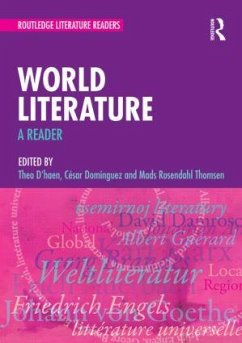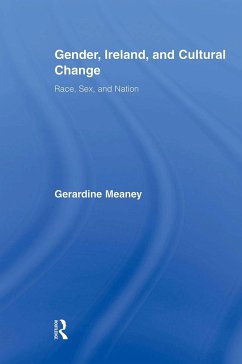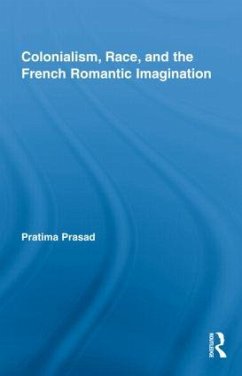Nicht lieferbar

Before Auschwitz
Irene Nemirovsky and the Cultural Landscape of Inter-war France
This book analyses Irene Nemirovsky's literary production in its relationship to the literary and cultural context of the inter-war period in France. It examines topics of central importance to our understanding of the literary field in France in the period, such as: the close relationship between politics and literature; the historical, political, cultural and personal legacies of the First World War; the so-called 'crisis of the novel' and the attempt to create and develop new narrative forms; the phenomenon of Russian emigration to Paris in the wake of the Russian Revolution and Civil War; the possibilities for the creation of a French-Jewish identity and mode of writing; and the threat of fascism and the approach of the Second World War.
Kershaw analyses Irene NÃ mirovskyâ s literary production in its relationship to the literary and cultural context of the inter-war period in France, exploring the cultural exchange between France and Russia and the political implications of NÃ mirovskyâ s fiction--particularly the enthusiastic reception of her work in far-right anti-Semitic journals.














